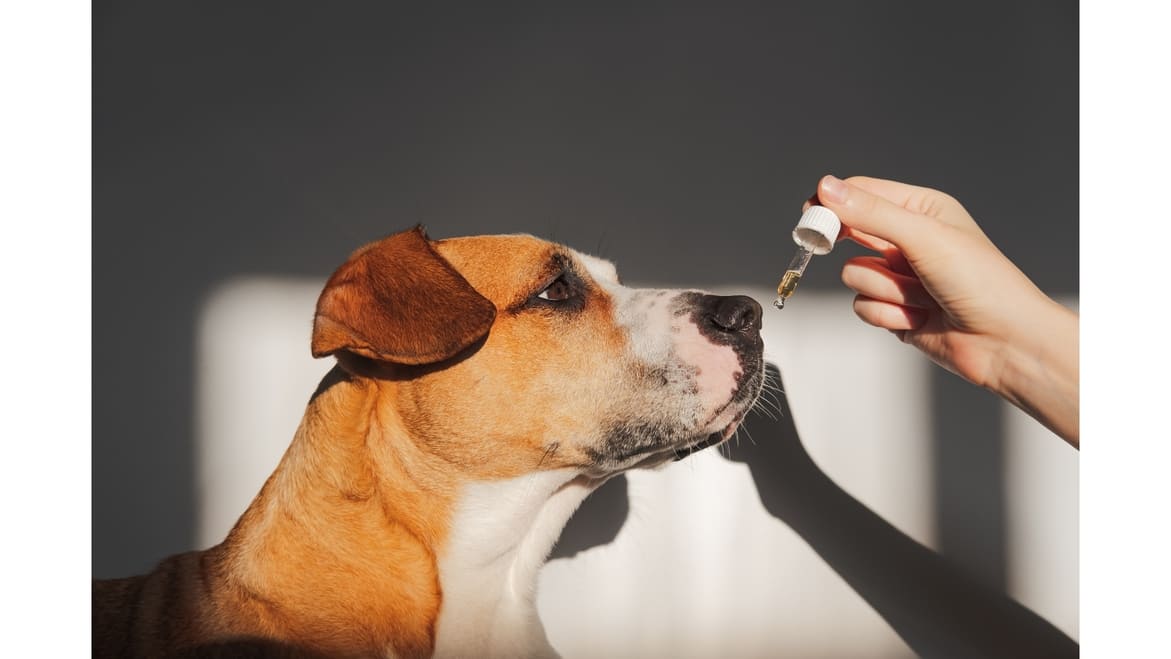There's a new term making its way into the world of pet healthcare - CBD. A growing trend, CBD for dogs promises a range of benefits for our four-legged companions. If you're wondering about the potential of this mysterious substance to improve your dog's life, you've come to the right place.
This article will lift the veil on the benefits, precautions, dosages and much more surrounding "CBD for dogs".



